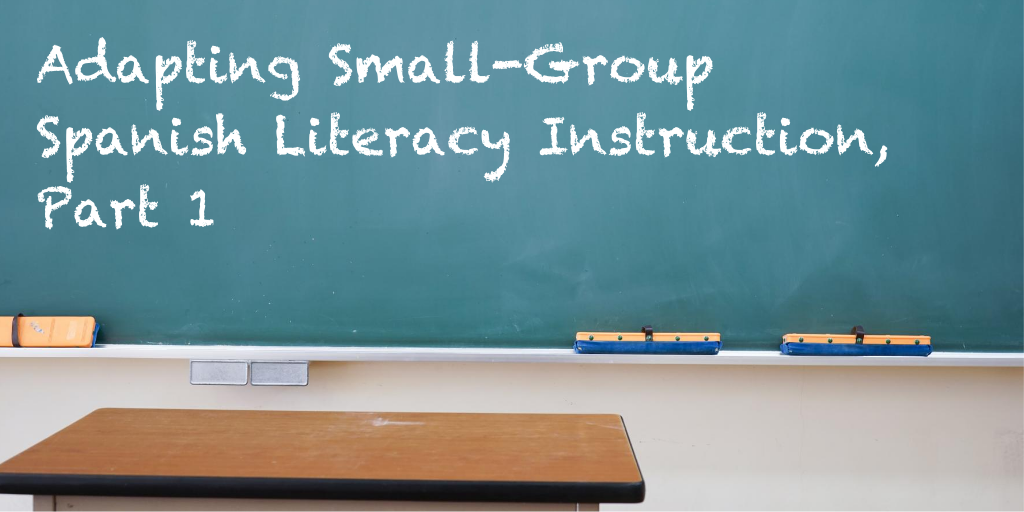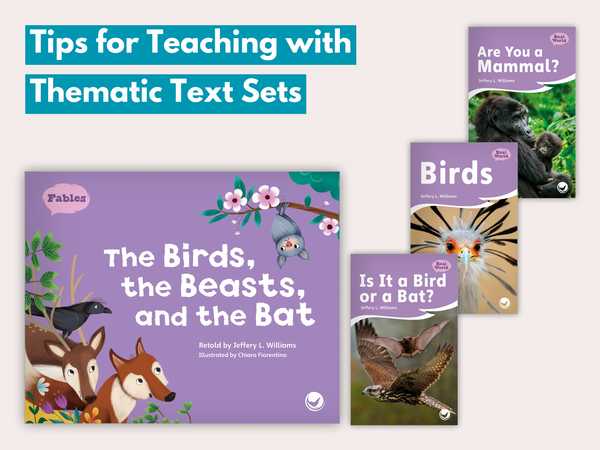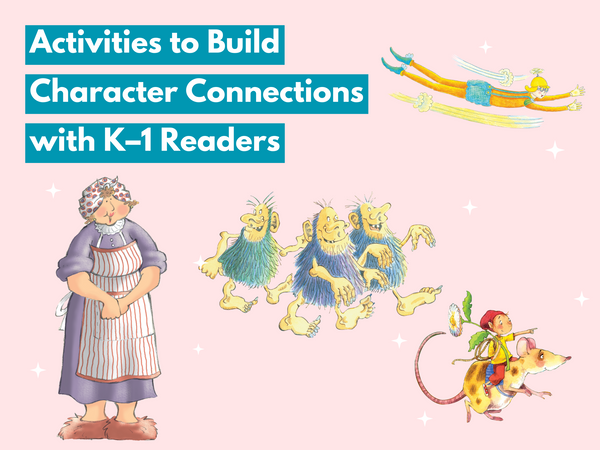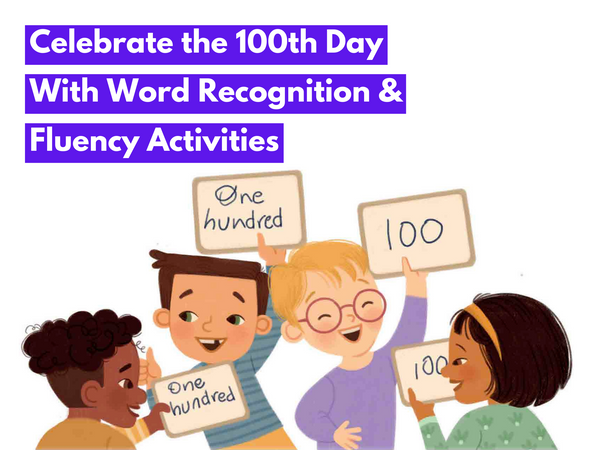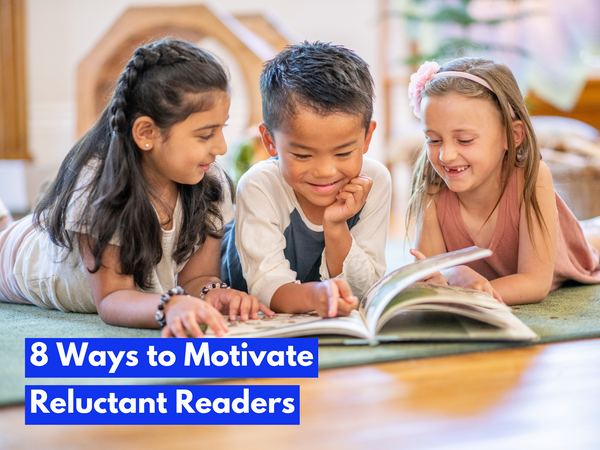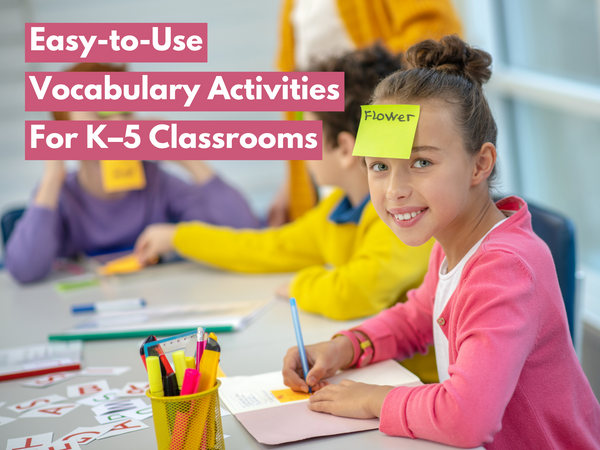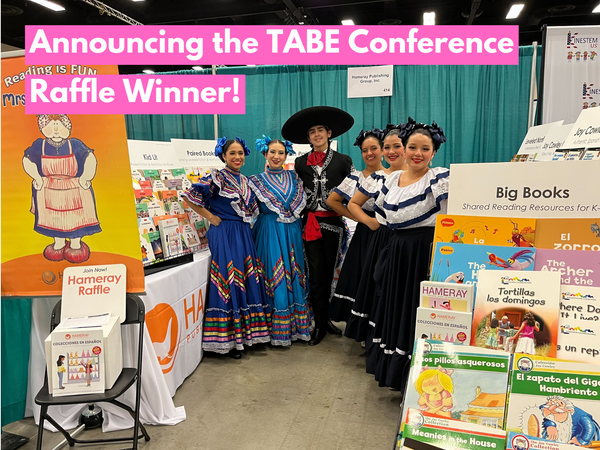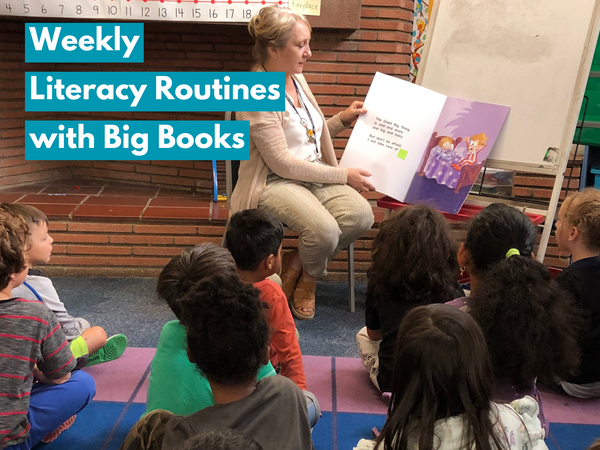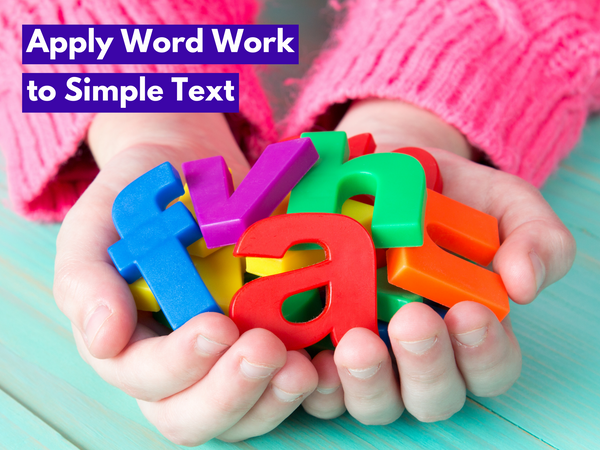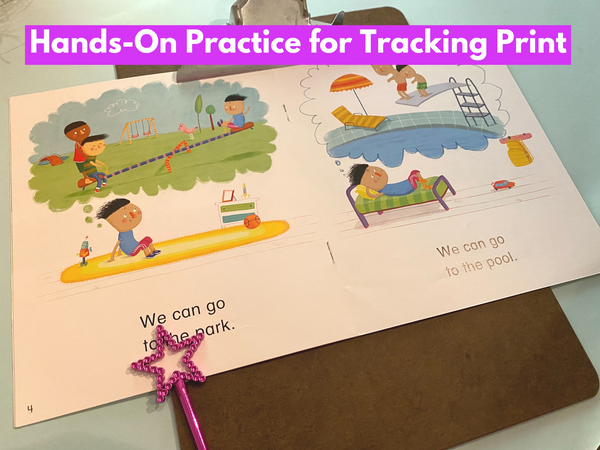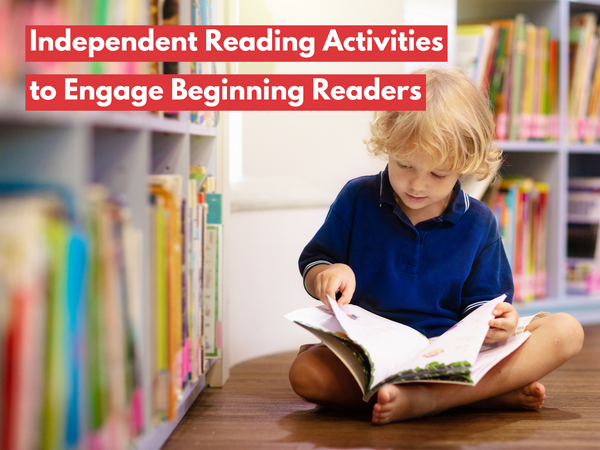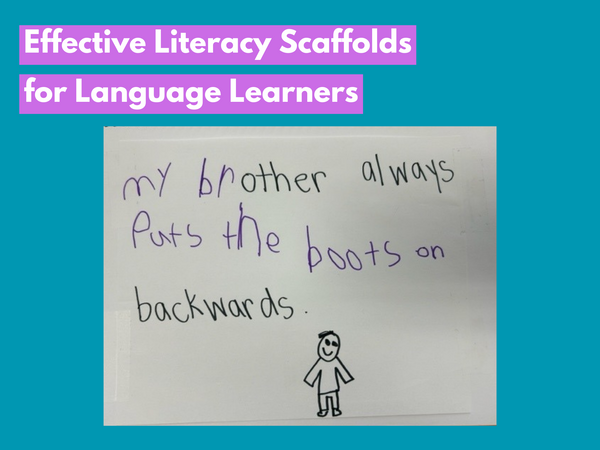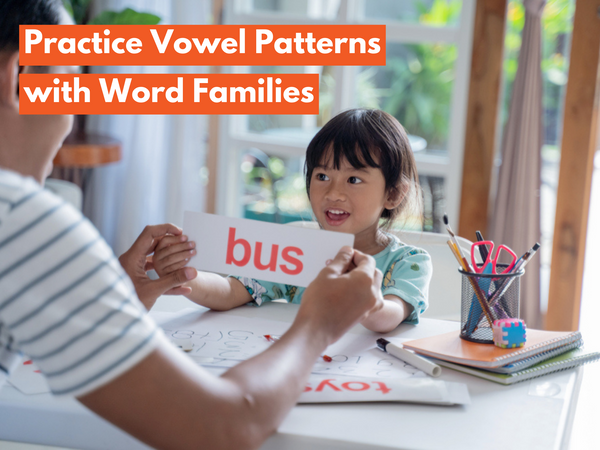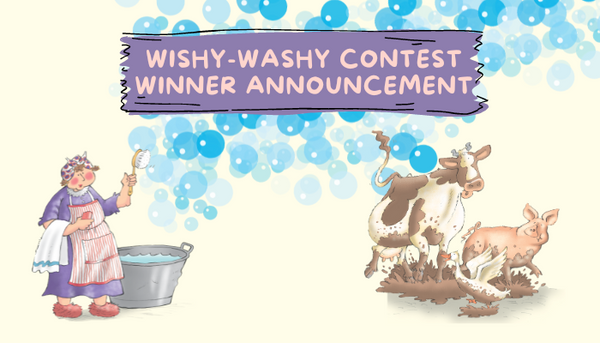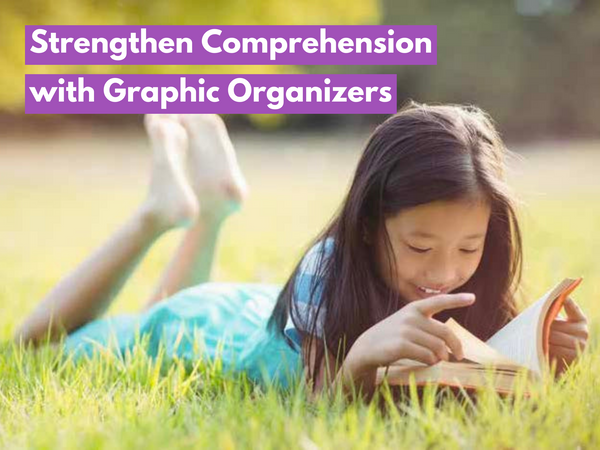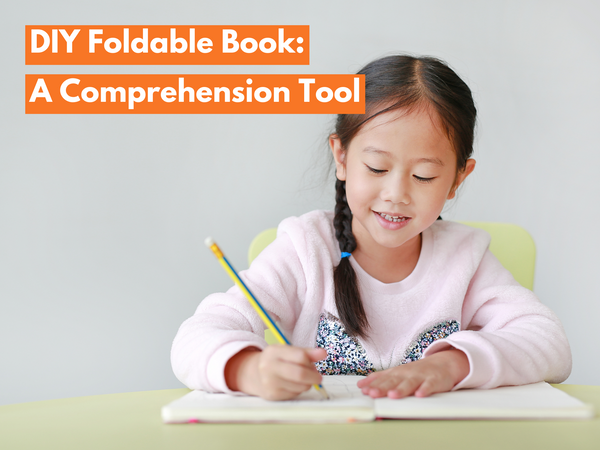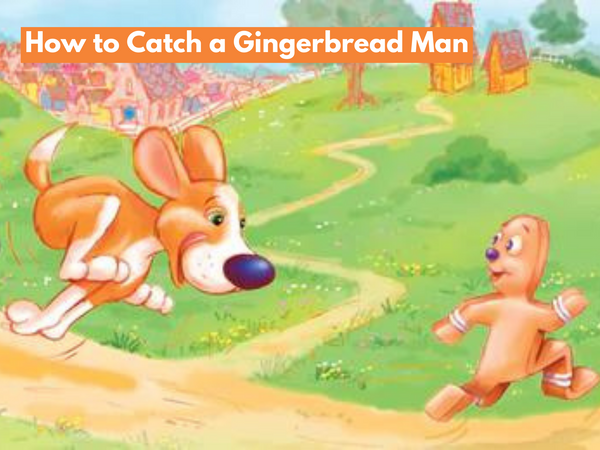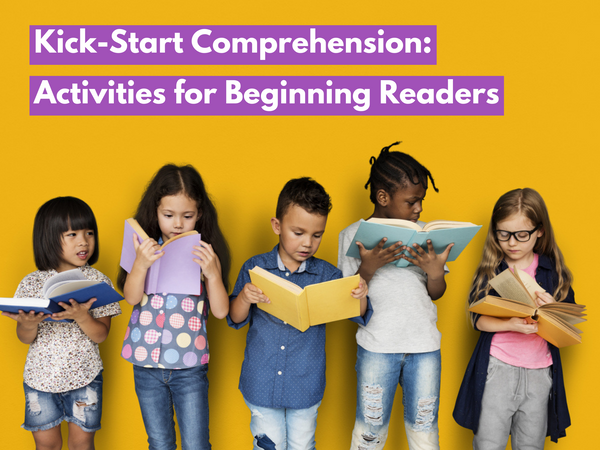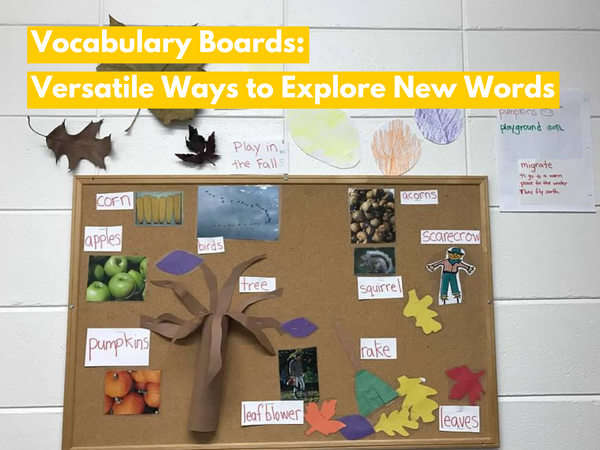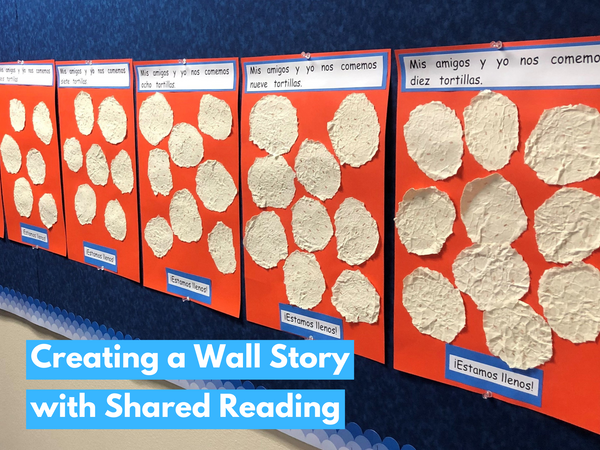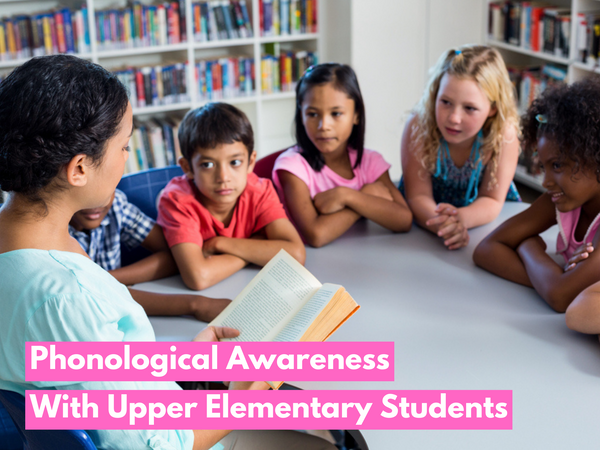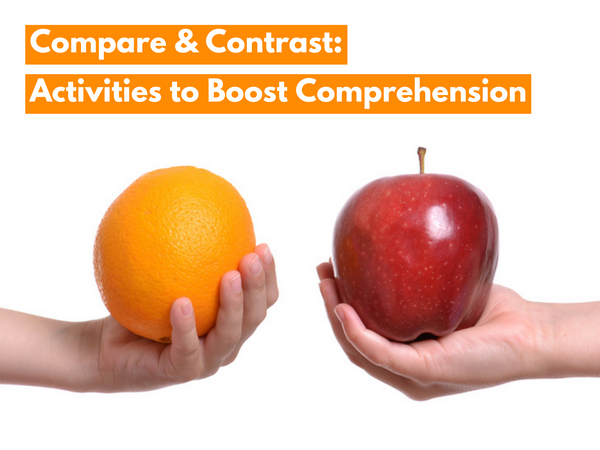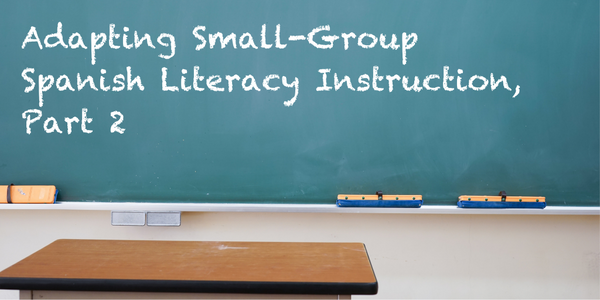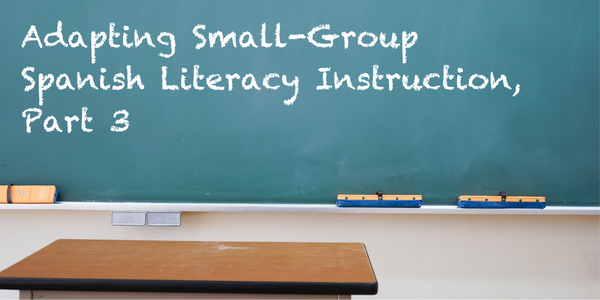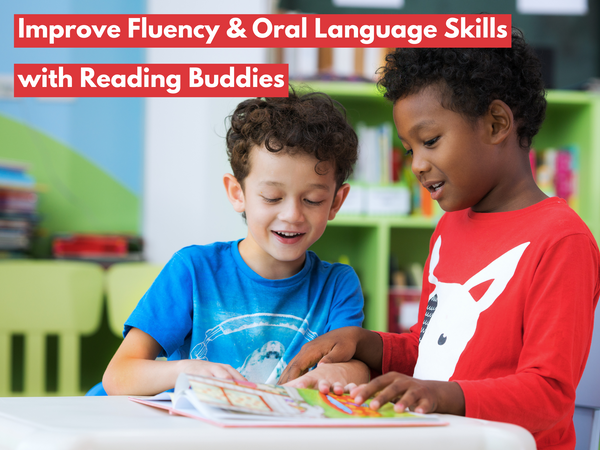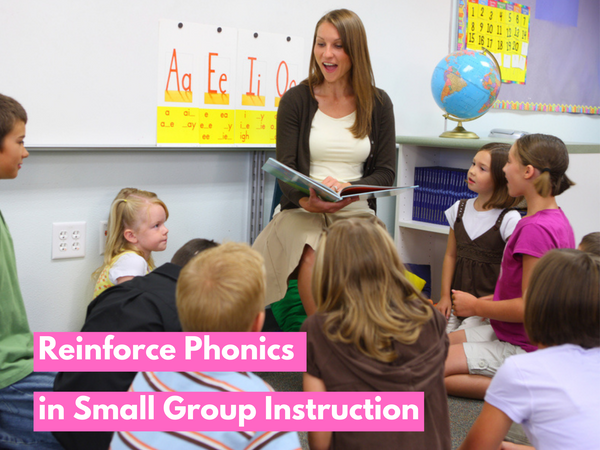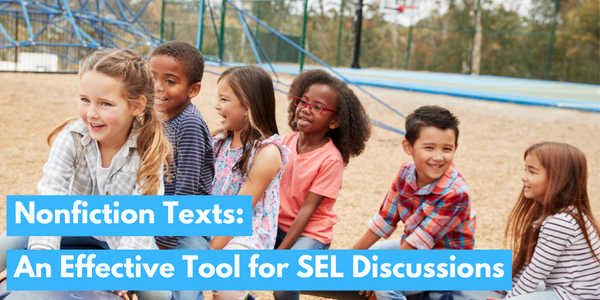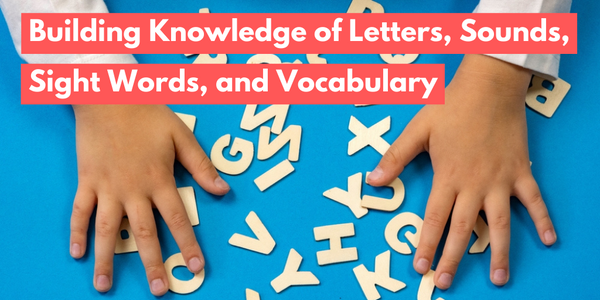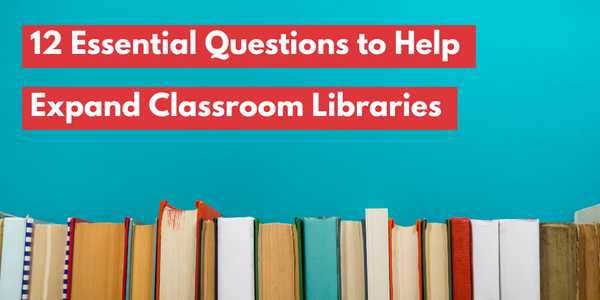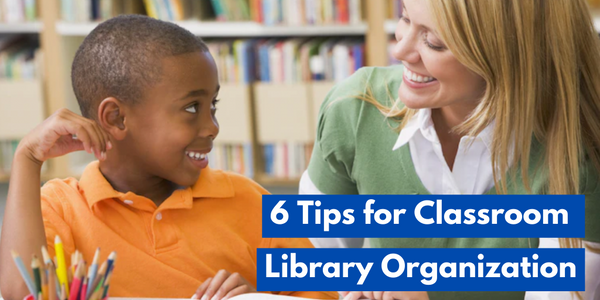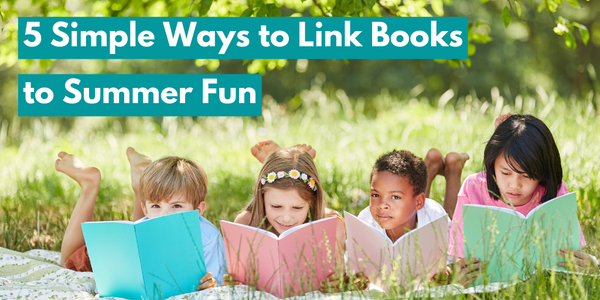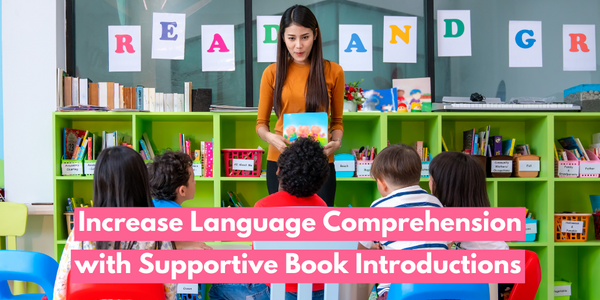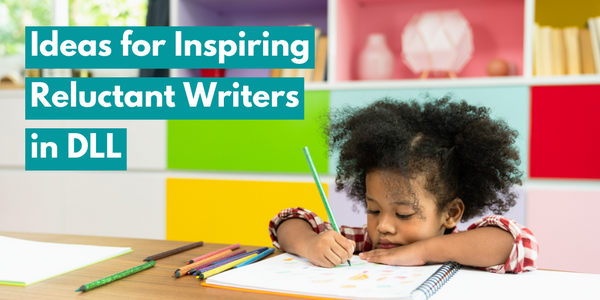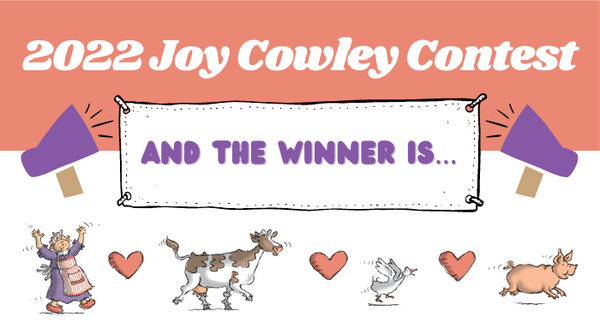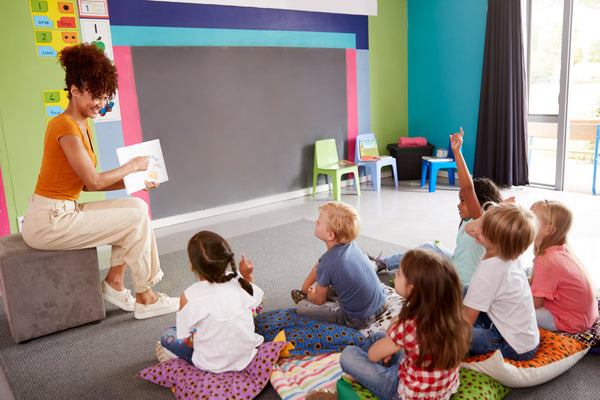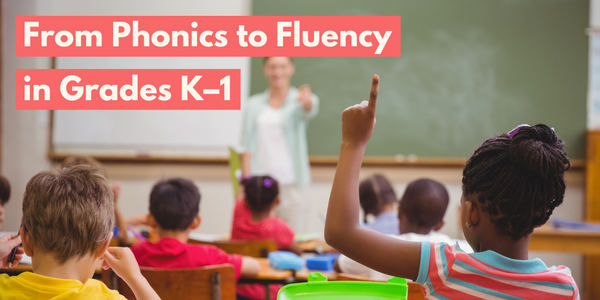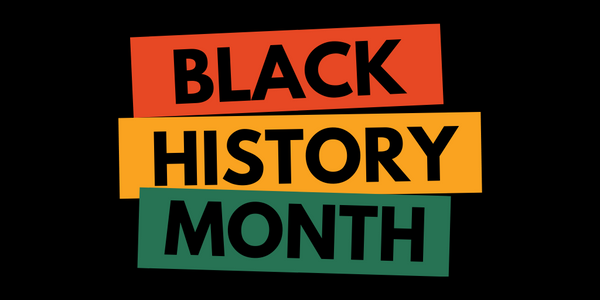This three-part blog series was previously published; we are re-sharing it to support teachers as they plan for guided reading groups, especially in a dual language setting.
Part 1: Book Selection–Find a "just right" book for your reading group
Part 2: Book Introduction–Prepare students before reading
Part 3: First Read–Support students with effective prompts and cues
By Carla Bauer-Gonzalez
This post will share how I have used my Reading Recovery/Descubriendo La Lectura knowledge base to address the diverse levels of Spanish language proficiency found in Spanish Guided Reading groups. In this first installment of three blogs, I will discuss book selection.
My students Aaron, Leo, and Lilly call themselves Las Pumas; each is a member of my Level 12 Spanish Guided Reading group. Recently, they discussed their field trip to the farm:
Lilly: It was a really GRANDE granja y tiene muchos animales.
Leo: Mi tío tiene una granja MAS grande...ENORME. Pero solo tiene vacas.
Lilly: Yeah. It was cool... cómo... how they got leche from los vacas.
Leo: Las vacas.
Aaron: Yeah. I didn't know that's how we got milk.
Maestra (Teacher): ¿No sabías cómo la leche venía de las vacas?
Aaron: Yeah. I didn't know that.
Conversations like this happen in Dual Language classrooms—interesting duo language combinations made by children with differing Spanish and English proficiency levels. Leo has recently arrived from Mexico and speaks solely in Spanish. Lilly and Aaron are native English speakers with strong Spanish vocabulary knowledge. Despite their marked differences in oral language proficiencies, all three read within a level 12-14 instructional range.
Accommodating their diverse language strengths during our Guiding Reading time is a challenge. As a Reading Recovery / Descubriendo La Lectura Teacher, I often look to the works of Marie Clay for guidance.
"The child's ultimate resource for learning to read and write is spoken language: all his new learning becomes linked in his brain with what he has already learned about the language he speaks." (Clay, 2016)
It is the teacher who must foster this link. To do so, teachers need a keen awareness of each student's oral language repertoire.
Book Selection
"A successful choice of book would be well within the child's control, using words and letters he knows or can get to with his teacher's help. One or two things in the book will require new learning. The teaching goal would be to settle these new things into the integrated networks of knowledge this child already controls." (Clay, 2016)
The "one or two things" that will require new learning do not consist exclusively of decoding elements like sounds, symbols, and syllables. Indeed, these are very important. Teachers must have precise knowledge of each student's control of these items to help us choose books that will facilitate applying this knowledge to reading a new text. But there is much more to this than sounds, symbols, and syllables.
If a child is to read with understanding, the text's essential vocabulary and language structures must exist in their oral language repertoire. Thus, when selecting a book for any given Guided Reading group, I believe the three most important factors to consider about each child are:
- Conceptual Knowledge
- Language Structures
- Vocabulary Knowledge
The book featured in this post is La señora Lávalo Todo y la gran feria en la granja. Following is a sampling of my thinking on a couple of pages as I considered whether this would be an appropriate book for Las Pumas and their varying proficiency levels.
Cover Page
Conceptual Knowledge:
- ¿Saben qué es una granja? (Do they know what a farm is?)
- Yes, this has been an ongoing focus in the classroom's universal instruction. It's helpful for language learners to bombard them with the same vocabulary across several weeks via thematic instruction.
- ¿Saben qúe es una feria? (Do they know what a fair is?)
- Maybe. We have state and county fairs that some of them may have attended.
Vocabulary Knowledge:
- Vaca (cow) - Yes, they will know this.
- Cerdo (pig) - Yes, they will know this.
- Pato (duck) - Yes, they will know this.

Beginning Pages
Conceptual Knowledge:
- ¿Saben lo qué son reglas? (Do they know what the rules are?)
- Yes, La Sra. Lávalo writes her rules on a chart just like we do in the classroom!
Language Structures:
- Tienes que estar ________.
- Aaron and Lilly might not know this structure. Knowing the contrastive analysis between this structure and the English equivalent will help me anticipate potential difficulties.
- Tú tienes que estar ___. (You have to be ___.)
Vocabulary Knowledge:
- Limpo (clean) - Yes, they will know this.
- Nítido (neat) - Yes, they will know this.
- Arreglado (fixed up) - Yes, this will know this.
- Bien perfumado (well-scented) - Leo might know this. The others, probably not. Taking advantage of cognates might help other students; I can illustrate that perfume in English and perfumado in Spanish are similar. This might be a connection that Spanish L2 learners can use.
Now that the book has been selected and determined to be appropriate for Las Pumas, it is time for book orientation! In the next part of this series, I will discuss how I approach book introductions and offer strategies for teaching Dual Language learners.
~~~
Explore our Colección Joy Cowley featuring beloved classics such as Mrs. Wishy-Washy, the Meanies, Dan the Flying Man, Hungry Giant, and more. Titles in English are also available.
~~~
 Carla has been a teacher and staff developer in bilingual education for 30 years. She has taught Kindergarten, Grade 1, and 2 in Wisconsin through the Milwaukee Public Schools Spanish Immersion and Dual-language Immersion programs. During this time, she also worked as a national consultant for The Wright Group/McGraw Hill, providing PD throughout the United States on balanced literacy in monolingual and bilingual programs. This is where she first met Mrs. Wishy Washy, The Meanies, Dan the Flying Man, The Hungry Giant, and the whole collection of Joy Cowley's fascinating characters! Currently, Carla is the Reading Recovery - Descubriendo La Lectura Teacher Leader in Waukesha, Wisconsin.
Carla has been a teacher and staff developer in bilingual education for 30 years. She has taught Kindergarten, Grade 1, and 2 in Wisconsin through the Milwaukee Public Schools Spanish Immersion and Dual-language Immersion programs. During this time, she also worked as a national consultant for The Wright Group/McGraw Hill, providing PD throughout the United States on balanced literacy in monolingual and bilingual programs. This is where she first met Mrs. Wishy Washy, The Meanies, Dan the Flying Man, The Hungry Giant, and the whole collection of Joy Cowley's fascinating characters! Currently, Carla is the Reading Recovery - Descubriendo La Lectura Teacher Leader in Waukesha, Wisconsin.



